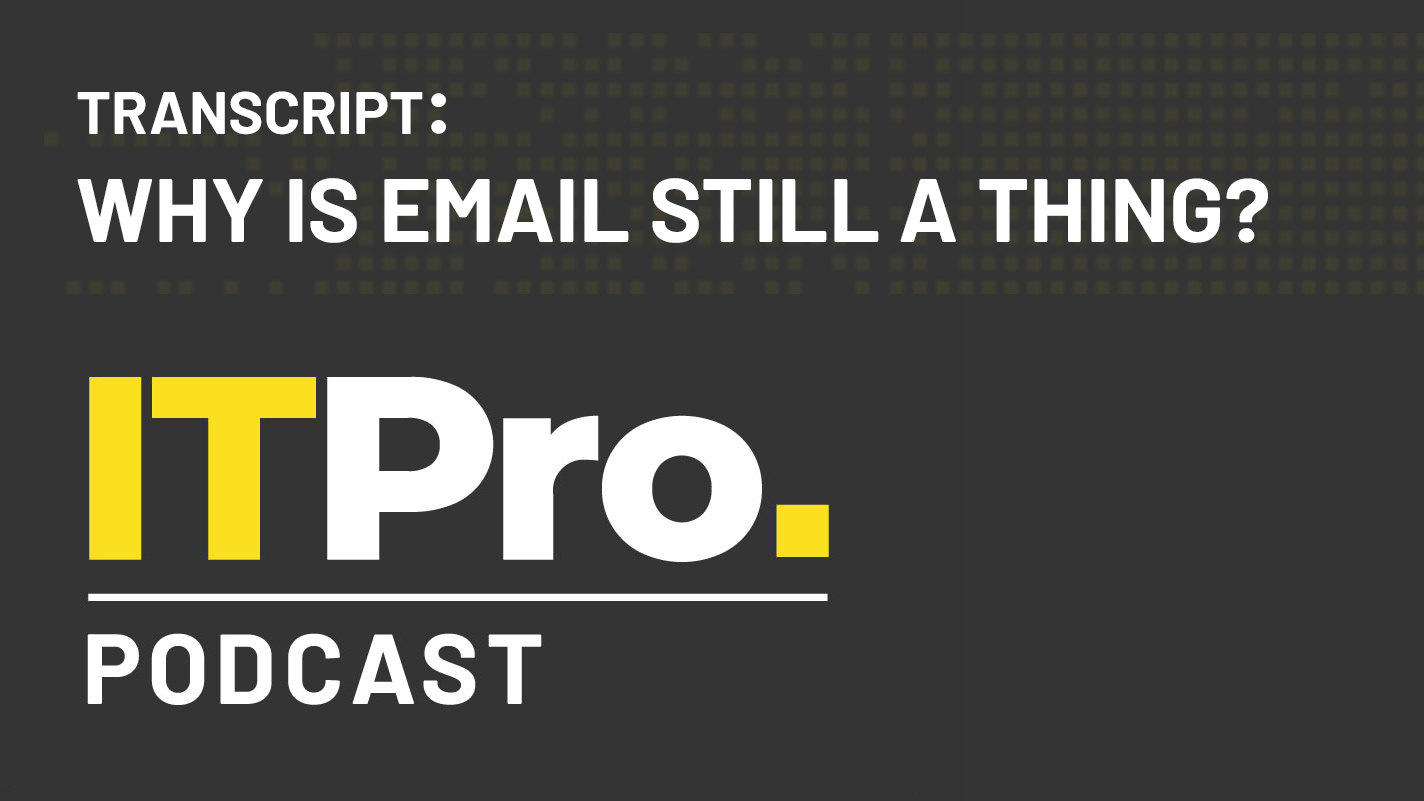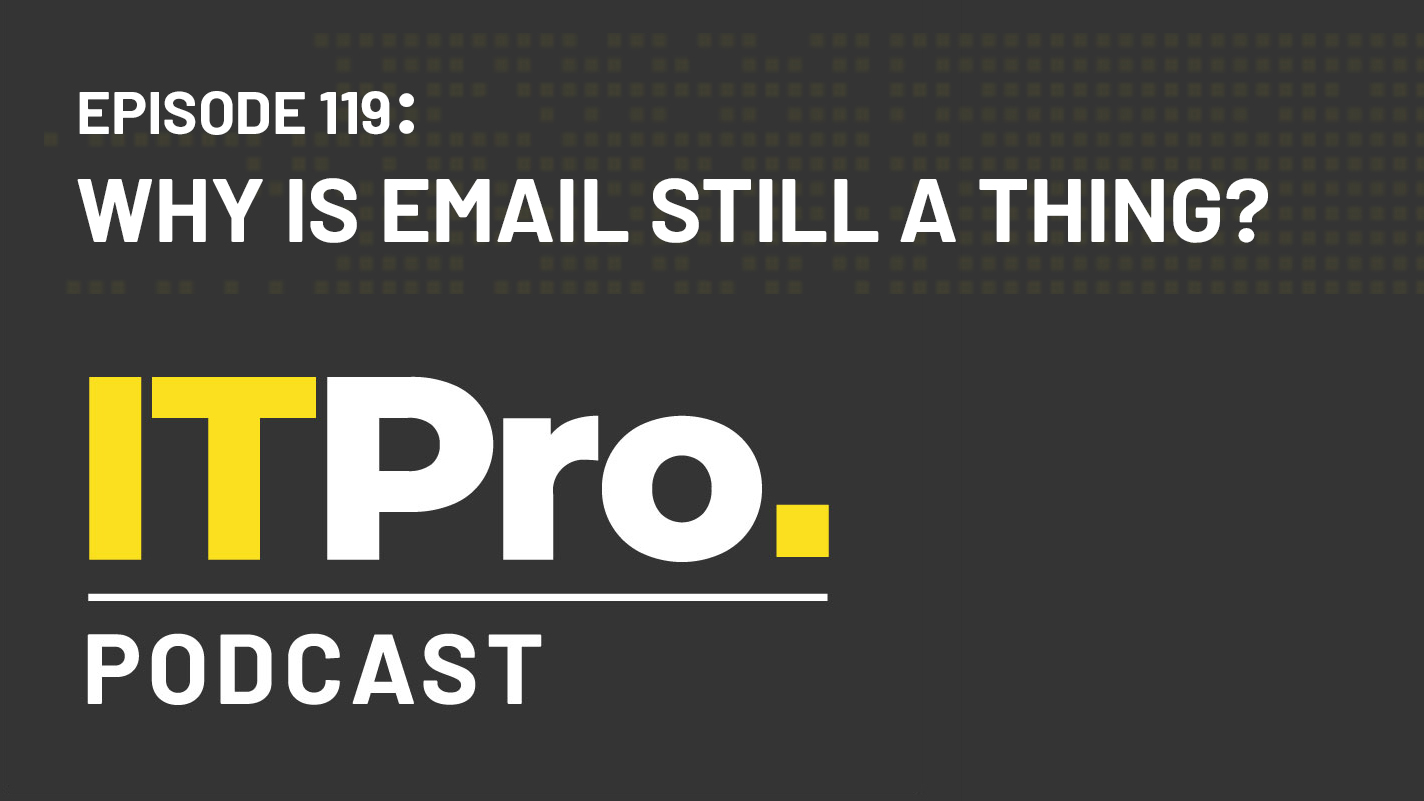Privacy in the cloud
Moving to the cloud can bring many advantages such as reduced hardware costs, improved efficiency and better fault tolerance, but many still worry about privacy.

A new generation of technology is transforming the world of computing. Advances in Internet-based data storage, processing, and servicescollectively known as "cloud computing"have emerged to complement the traditional model of running software and storing data on personal devices or on-premises networks. Many familiar software programs, from email and word processing to spreadsheets, are now available as cloud services. Many of these applications have been offered over the Internet for years, so cloud computing might not feel particularly new to some users.
Still, several aspects of cloud computing differ markedly from previous computing paradigms and offer distinct benefits. Today's cloud services are highly scalable, which enables customers to pay only for the computing storage and power they need, when they need it. Datacenters in diverse geographies allow cloud providers to store and back up information in multiple locations, which enhances reliability and increases processing speed. And significant economies of scale generated by "server farms" that can simultaneously support scores of users mean major cost savings for customers. (For more information, please see the Microsoft whitepaper, The Economics of the Cloud.)
These advantages are leading governments, universities, and businesses of all sizes to move mission-critical services such as customer relationship management, enterprise resource planning, and financial data management into the cloud. At the same time, the unique attributes of cloud computing are raising important business and policy considerations regarding how individuals and organizations handle information and interact with their cloud provider.
In the traditional information technology (IT) model, an organization is accountable for all aspects of its data protection regime, from how it uses sensitive personal information to how it stores and protects such data stored on its own computers. Cloud computing changes the paradigm because information flows offsite to datacenters owned and managed by cloud providers.
Cloud customers remain ultimately responsible for controlling the use of the data and protecting the legal rights of individuals whose information they have gathered. But defining the allocation of responsibilities and obligations for security and privacy between cloud customers and cloud providersand creating sufficient transparency about the allocationis a new challenge. It is important for customers and their cloud providers to clearly understand their role and be able to communicate about compliance requirements and controls across the spectrum of cloud services.
Microsoft understands that strong privacy protections are essential to build the trust needed for cloud computing to reach its full potential. We invest in building secure and privacy-sensitive systems and datacenters that help protect individuals' privacy, and we adhere to clear, responsible policies in our business practicesfrom software development through service delivery, operations, and support.
Click the link below to read the full White Paper.
Get the ITPro daily newsletter
Sign up today and you will receive a free copy of our Future Focus 2025 report - the leading guidance on AI, cybersecurity and other IT challenges as per 700+ senior executives
ITPro is a global business technology website providing the latest news, analysis, and business insight for IT decision-makers. Whether it's cyber security, cloud computing, IT infrastructure, or business strategy, we aim to equip leaders with the data they need to make informed IT investments.
For regular updates delivered to your inbox and social feeds, be sure to sign up to our daily newsletter and follow on us LinkedIn and Twitter.
-
 Bigger salaries, more burnout: Is the CISO role in crisis?
Bigger salaries, more burnout: Is the CISO role in crisis?In-depth CISOs are more stressed than ever before – but why is this and what can be done?
By Kate O'Flaherty Published
-
 Cheap cyber crime kits can be bought on the dark web for less than $25
Cheap cyber crime kits can be bought on the dark web for less than $25News Research from NordVPN shows phishing kits are now widely available on the dark web and via messaging apps like Telegram, and are often selling for less than $25.
By Emma Woollacott Published
-
 Podcast transcript: Why is email still a thing?
Podcast transcript: Why is email still a thing?IT Pro Podcast Read the full transcript for this episode of the IT Pro Podcast
By IT Pro Published
-
 The IT Pro Podcast: Why is email still a thing?
The IT Pro Podcast: Why is email still a thing?IT Pro Podcast Despite a proliferation of newer collaboration platforms, email stubbornly refuses to go away
By IT Pro Published
-
 Cisco patches bug that could break its email security service with a single message
Cisco patches bug that could break its email security service with a single messageNews A carefully crafted email could freeze Cisco's Email Security Appliance interface and stop it processing messages
By Danny Bradbury Published
-
 Google targets phishing with full BIMI email logo authentication support
Google targets phishing with full BIMI email logo authentication supportNews Gmail will tie logos to DMARC authentication
By Danny Bradbury Published
-
 How to sign off an email professionally
How to sign off an email professionallyTutorials Your email signoff can make or break your business’ communication
By Sarah Brennan Published
-
 Flash flooding takes down TalkTalk web services
Flash flooding takes down TalkTalk web servicesNews Midlands floods leave customers angry at TalkTalk outage
By Clare Hopping Published
-
 Outlook and Hotmail email accounts hit by spam attack
Outlook and Hotmail email accounts hit by spam attackNews Users were bombarded by spam emails apparently because Microsoft's spam filters weren't working properly
By Clare Hopping Published
-
 Google pulls April Fools' Day prank after barrage of complaints
Google pulls April Fools' Day prank after barrage of complaintsNews Many users accidentally pressed the 'Send + Mic Drop' button in emails to bosses and business contacts
By Nicholas Griffen Published
